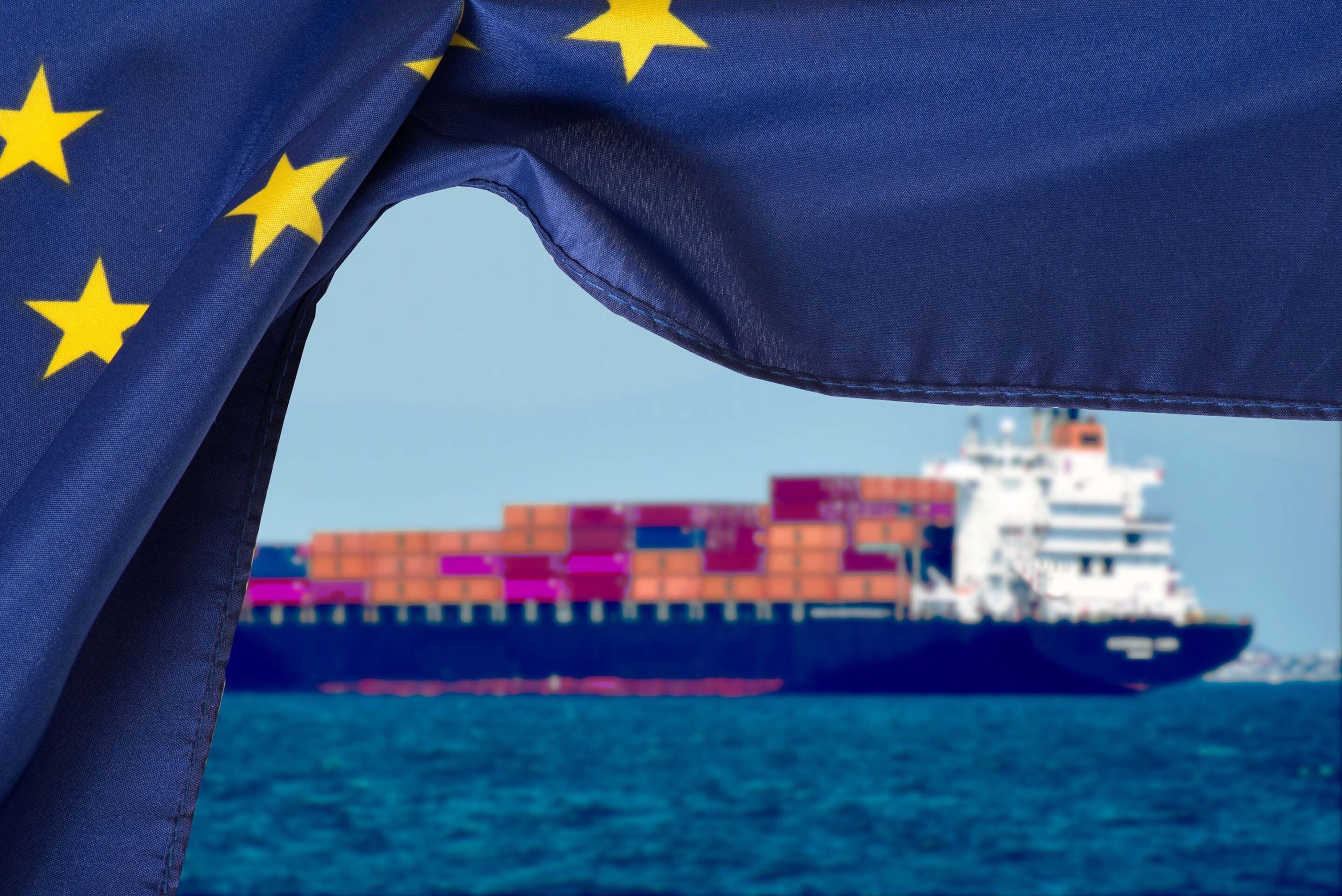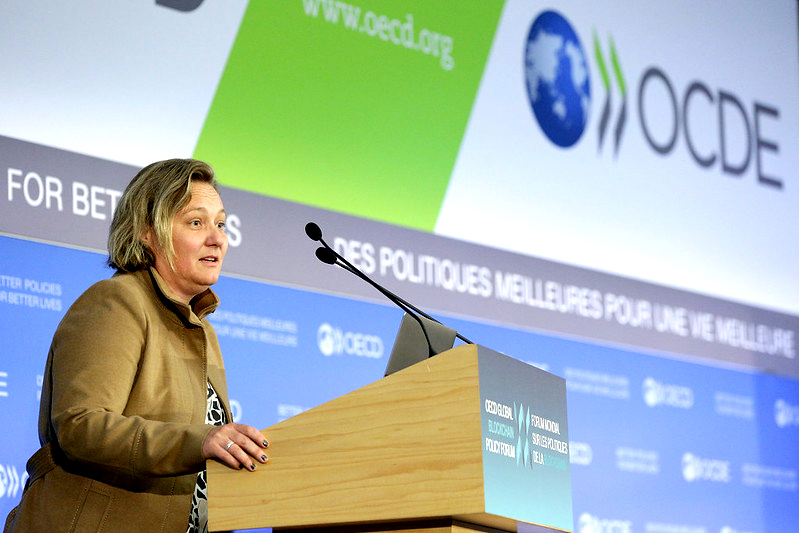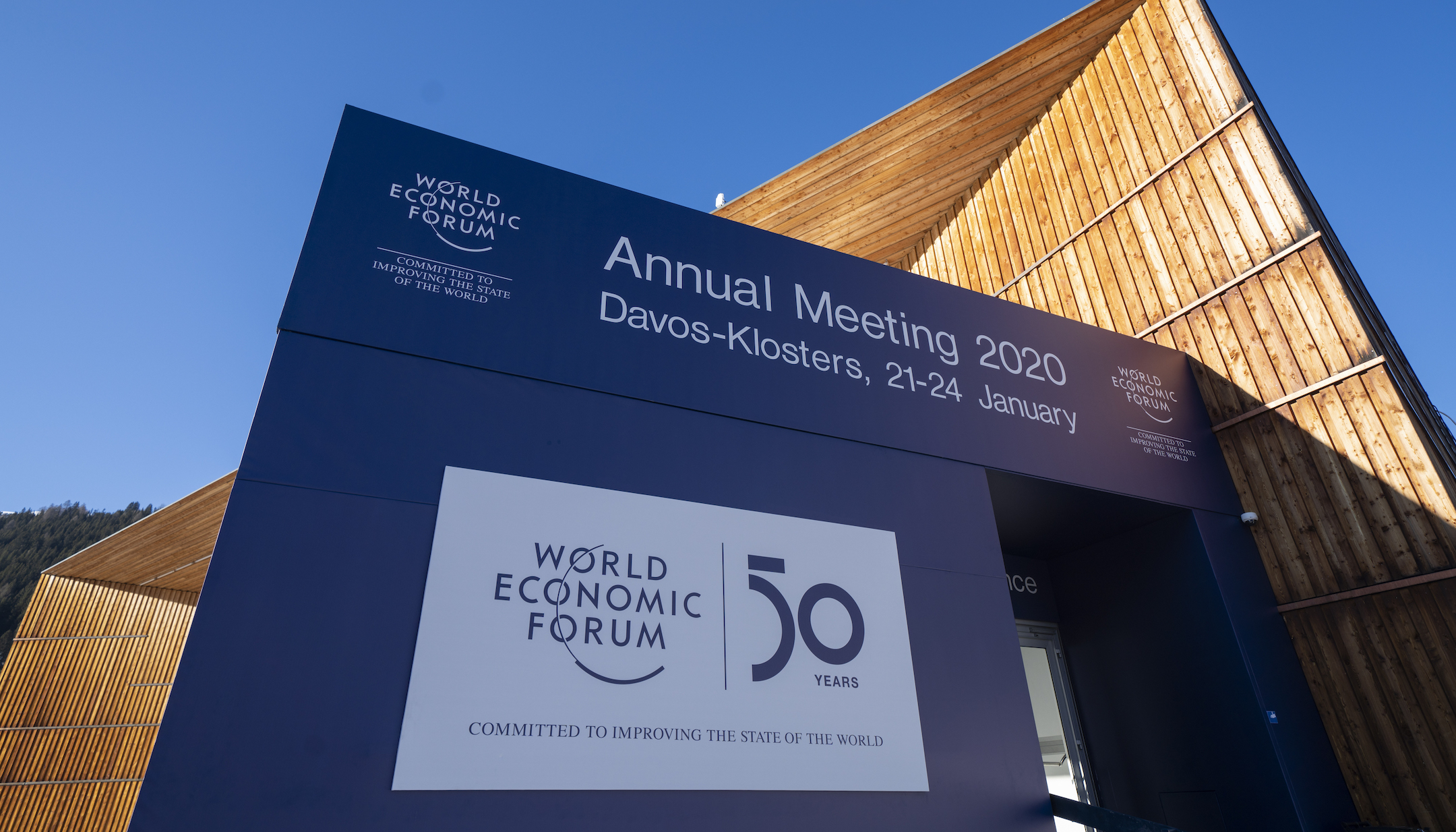The USA Inflation Reduction Act, passed into law by President Biden on August 16th, 2022, sets aside $369 billion for climate and clean energy projects and policies. One of the key provisions for speeding the transition from internal combustion engines to electric vehicles (EVs) is a tax credit up to $7500 for US consumers purchasing electric vehicles.
However, in order to stimulate domestic production of not only EVs but also their batteries, the Act requires manufacturers to provide verifiable evidence that large percentages of material sourcing and manufacturing take place within the US or in a partner country with a free trade agreement. Manufacturers must prove that battery components have not been “extracted, processed or recycled by a foreign entity of concern.” Similarly, in the European Union, the proposed Battery Regulation is expected to be passed into law by the end of this year. The regulation puts the responsibility for supply chain accountability squarely on automotive manufacturers. As such, EV manufacturers will have to require that their suppliers provide evidence of their material sources and their compliance with the regulation all the way back to the mine. Supply chains however have proven extremely difficult to track and validate.
The use of a ‘battery passport’ could hold the key to addressing these supply chain challenges. This concept, pioneered by Everledger, and the Global Battery Alliance (GBA), enables auto manufacturers to certify where the minerals going into their batteries are sourced and that those sources are adhering to globally recognised ethical practices. Created on a distributed ecosystem via the Everledger platform, this ‘passport’ allows EV manufacturers to identify, trace and report the lifetime journey of each battery – from the origin and composition of battery components, right through to use in cars, end of life and disassembly, and recycling. Indeed, over the next 15 years, the EU will use this system to increase the minimum share of recovered cobalt, lead, lithium or nickel in batteries, all of which must be recorded on the passport.
However, while auto manufacturers in the USA have been quick to invest in EV production over the past few years and have aggressive plans to continue to do so, the critical minerals required for the batteries to power EVs are found and/or processed predominantly in countries where free trade agreements with the US do not exist. For example, the world’s largest known reserves of cobalt, currently an essential mineral for EV batteries, are found in the Democratic Republic of Congo where human rights and child labor violations and poor environmental practices have been well documented. In the last decade, China produced 80% of the world’s lithium ion batteries and now controls 80% of the world’s cobalt.
The Inflation Reduction Act (IRA) requires that EV manufacturers source 40% of critical battery minerals domestically or with free trade partners by 2024. That percentage increases to a whopping 80% in 2026. And mines and battery material processing plants don’t come on at the flip of a switch. Mines are particularly controversial in the US due to the environmental consequences.
Responsible and transparent supply chains, circularity and lifecycle management will be critical for long-term success and a sustainable future for the automotive industry. The use of battery passports will help future proof new batteries, however, due to the challenges outlined, if consumer uptake of EVs in the US proves largely dependent upon the tax rebates earmarked by the IRA, it seems likely that the federal government will have to extend the deadlines set for approved mining and manufacturing.
The Inflation Reduction Act is perhaps the most comprehensive climate-related legislation in US history, so far. Implementation may not be as speedy as it could be, but it does give climate policy in the US a renewed focus and help shine a spotlight on creative business models and those businesses focused not just on profit margins but on impact to people and planet.
Find out how Everledger’s platform can help effectively evidence the requirements to comply with new EV legislation across your supply chain.










